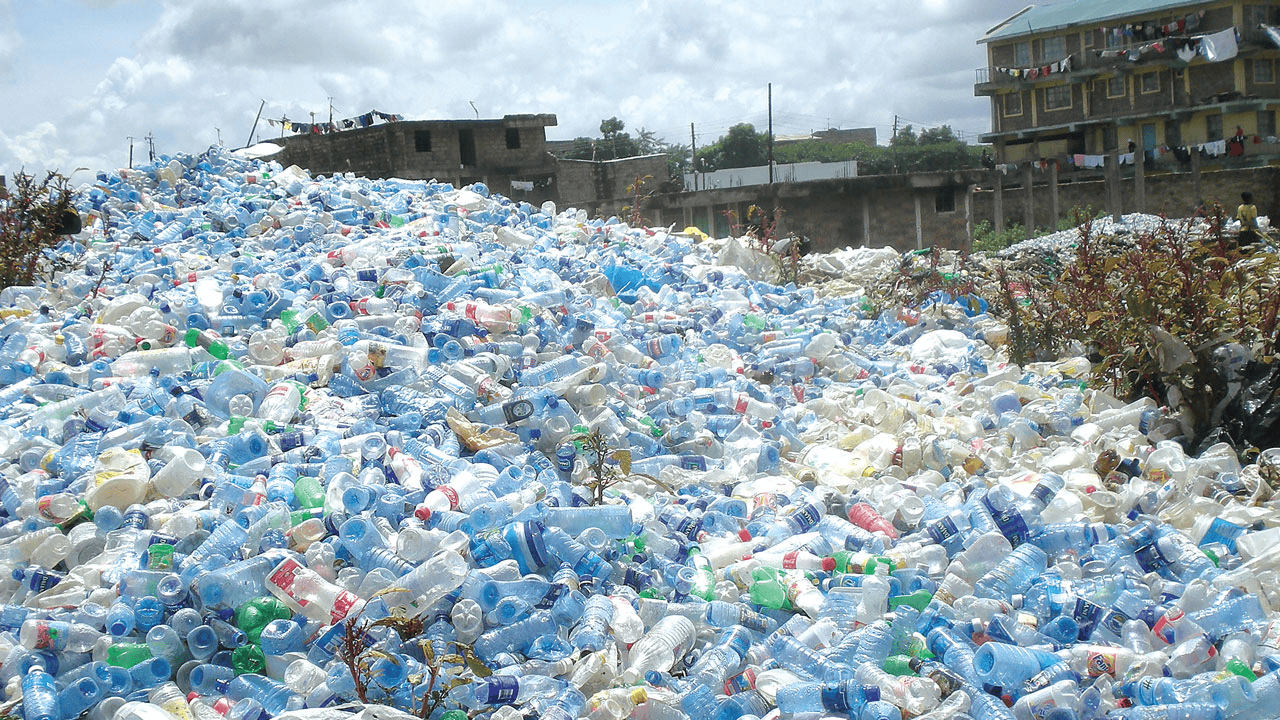The International Fund for Agricultural Development has said that Africa will require $614 billion overall by 2030 to address its growing food insecurity issue and change its food system.
The Punch reported that the Associate Vice President for External Relations and Governance at IFAD, Satu Santala said this in a paper titled “Financing Food Systems Resilience in Africa: A Starting Point for Transformation,”
He urged additional funding, investments, and innovations in the continent’s food systems that would refocus on fairer outcomes, produce jobs, and maximize the potential of Africa’s youth.
He claimed that during the war in Ukraine, IFAD started a Crisis Response Program to safeguard the means of subsistence and productive resources of small-scale farmers.
“Innovation is needed to increase and fairly invest in African food systems and pledges from international partners, the commercial sector, and governments.
“I think there’s room for leaders to concentrate their efforts here. According to recent studies, it is anticipated that until 2030, African food systems transformation will cost $614 billion in total, or $77 billion annually.”
The demand for IFAD’s work and funding, according to Santala, was much higher than the level of commitment.
In order to scale up through the fund’s upcoming replenishment, he said that IFAD would later this year propose the investment case to its member states.
“The basic underlying causes of food insecurity can be targeted, and leaders can increase resilience to upcoming shocks, by adopting a medium- to long-term development approach.”
“He said that achieving this in Africa would be a significant step toward eradicating world hunger and changing food systems on a global scale and that IFAD will continue to support this cause.
The impact of global shocks, he continued, was one of the key factors contributing to the fragility of Africa’s food systems and the urgent need for more investment in food security.
Remember that in 2021, more than one in five people in Africa will be chronically malnourished, making Africa the region with the worst hunger problems.
According to reports, the situation has gotten worse due to the conflict in Ukraine and the growing dire effects of climate change.
The agency’s regional teams of the organization had forecast a tripling of food, fuel, and fertilizer, he said.
“This poses a risk to current agricultural output, food security, and economic recovery. Tiny farms need special consideration.
Santala added that majority of farms in Africa are smaller than two hectares, and they provide the majority of the food consumed by the most vulnerable people on the continent.
A humanitarian response, according to the body, was necessary but was not a permanent fix. “The funding gap between long-term resilience building and immediate food aid is large and growing,” it continued.
“This makes it harder for disadvantaged rural residents to withstand shocks in the future. To prevent reoccurring catastrophes and to maximize Africa’s enormous potential for food production, we must address the root causes of food insecurity.
Studies demonstrate that investment in agriculture is much more profitable, according to IFAD.
“Our experience on the ground has shown us that purchasing a fair and sustainable diet pays off.
“Small-scale farms can become sustainable agribusinesses through the use of systems. As a result, local production capacity is increased and food security in Africa is enhanced. In the value chain, specifically in processing, transportation, and marketing, it allegedly provides jobs.”
Furthermore, he made it clear that prosperous rural economies provided chances for respectable employment.
The statement added that Migration becomes a choice rather than a necessity, and the groundwork is set for improved livelihoods, resilience, and peace.
“We are collaborating with the World Bank and greatly expanding our ties with the Green Climate Fund on innovations in finance for food systems.”











